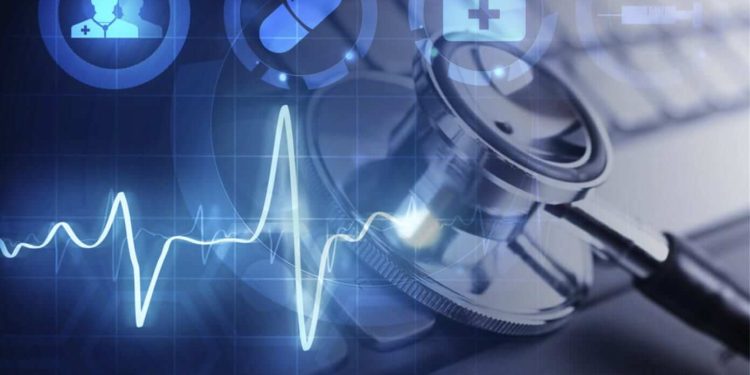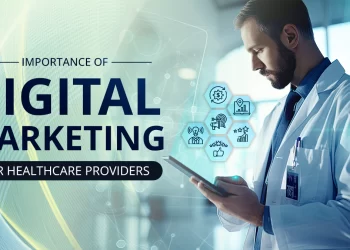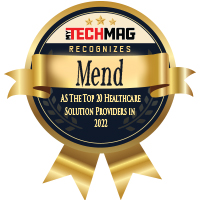There are mixed views about Electronic Health Records (EHR) among healthcare practitioners and experts. Some believe it to be impractical, some champion it, while the majority believe it has the potential, only if it ameliorates itself quickly. One ingredient that can make EHR stand tall in the healthcare sector is technology. Amidst Industry 4.0, emerging technologies like AI, Blockchain, 5G, Predictive Analytics, Machine Learning, etc., EHRs can become highly efficient and enhance patient care consistently.
Let us look at 5 ways how EHRs are expected to improve in 2020.
-
Blending AI & Voice Recognition into EHR
Healthcare practitioners have been utilizing AI to study the historical patterns in a patient’s condition. Some of the organizations, however, have started to try to blend AI into EHR through voice recognition. For example, a doctor would inquire about a voice-enabled EHR system for the patient’s last recorded sugar levels. The AI & Voice Recognition-enabled EHR system will not only tell the values but will also suggest if they fall under normal, higher or lower ranges.
-
Including Blockchain into EHR
Medical records can leverage Blockchain the same way as the Supply Chain Industry, to have a greater view on the shipments and share information with the parties involved about their respective shipment. A Blockchain platform synced with EHR can facilitate devising smart contracts without having to file a claim or prove a diagnosis. Although in its early stages, Blockchain for EHR is set to gain momentum in 2020.
-
Gearing Up for 5G Technology
The year 2020 is the year of 5G. Although the rollout is expected to be widespread, some experts of the healthcare industry believe that 5G is not meant for healthcare—a primary reason being its incompatibility with EHR and other similar systems. So, no matter what speeds it offers or what are its long-term and short-term benefits, it must incorporate the improvements to be acceptable without a speck of doubt by the EHR and other facets of patient care.
-
More Focus on Patient Engagement
One of the greatest advantages of the EHR systems is the vast amount of data about patients in one place from which a lot of meaningful insights can be drawn and future predictions can be made using disciplines such as, predictive analytics, forecasting, machine learning, etc. From raw data we extract information, and from the information we extract meaningful insights that help in patient engagement, or in other words, making the healthcare journey for the patients hassle-free.
A very common aspect of this phenomenon is the reduction in manual tasks performed by the always ‘not-so-helpful’ administrative staff. Now get your appointment reminder or a scheduled appointment via SMS. It has been observed that with automated practices, cancellation rates also come down.
-
More Emphasis to Mitigate EHR Risks
Championing EHR should not make us overlook the risks associated with it, especially when there have been several serious cases all around the world. EHR platforms can be overwhelming with constant notifications making a physician ignore an important issue with a patient. In certain cases the information about an implant was not recorded in the EHR for patients sent for medical imaging. Another serious aspect can be the discrepancy between a medication administration order and the intended dosage.
Solving these issues once and for all, and identifying potential risks and mitigating them would be a major way how EHRs will improve in 2020.
Conclusion:
Electronic Health Records (EHRs) may not have stood up to what the Obama administration had promised, but the year 2020 brings in a lot of hope for it. The ever-changing technology landscape promises to enhance EHRs considerably. Technologies like AI will introduce voice-enabled capabilities to EHRs, while Blockchain and 5G have just started to influence it. Apart from these, patient engagement and risk mitigation associated with EHRs will be on priority in the upcoming years.








